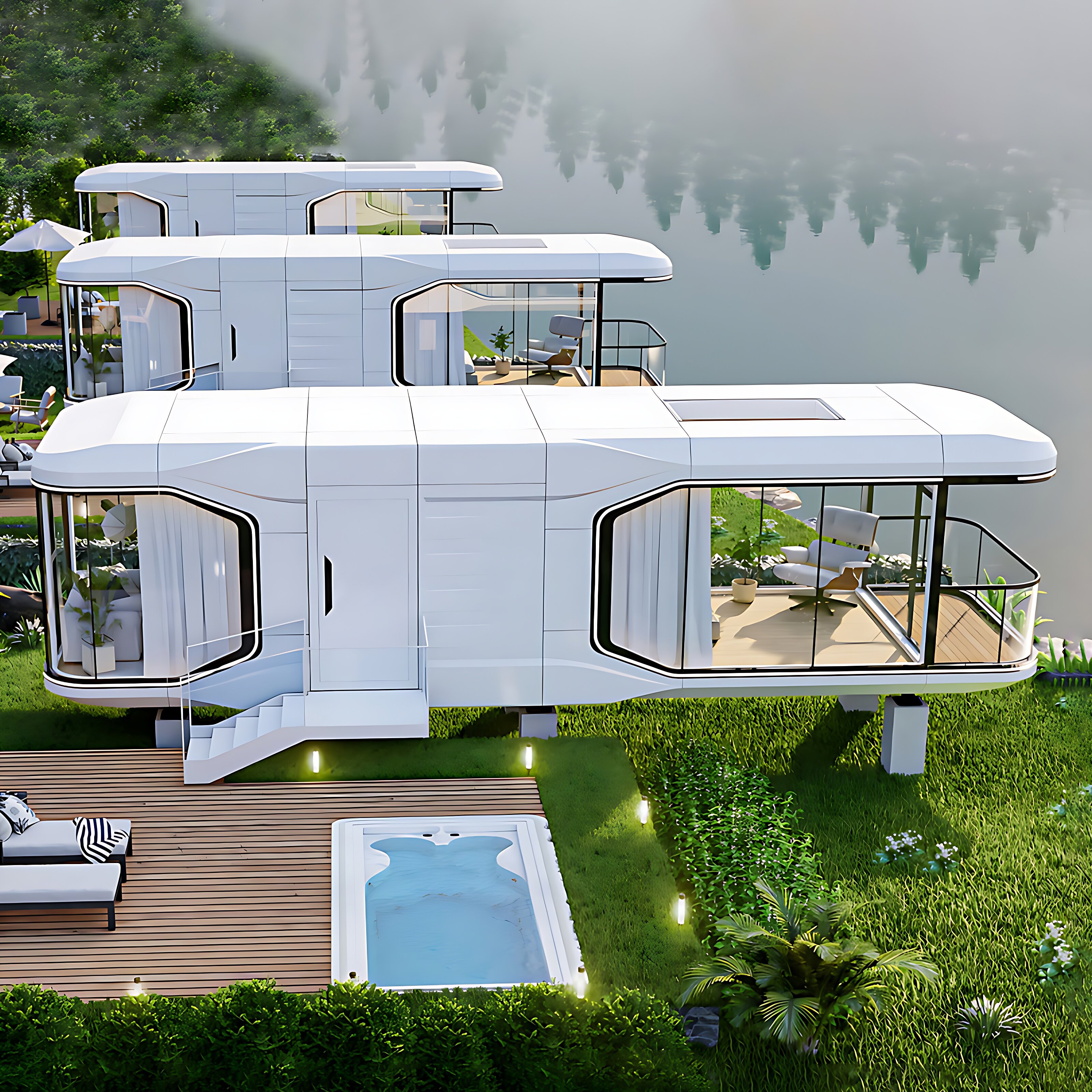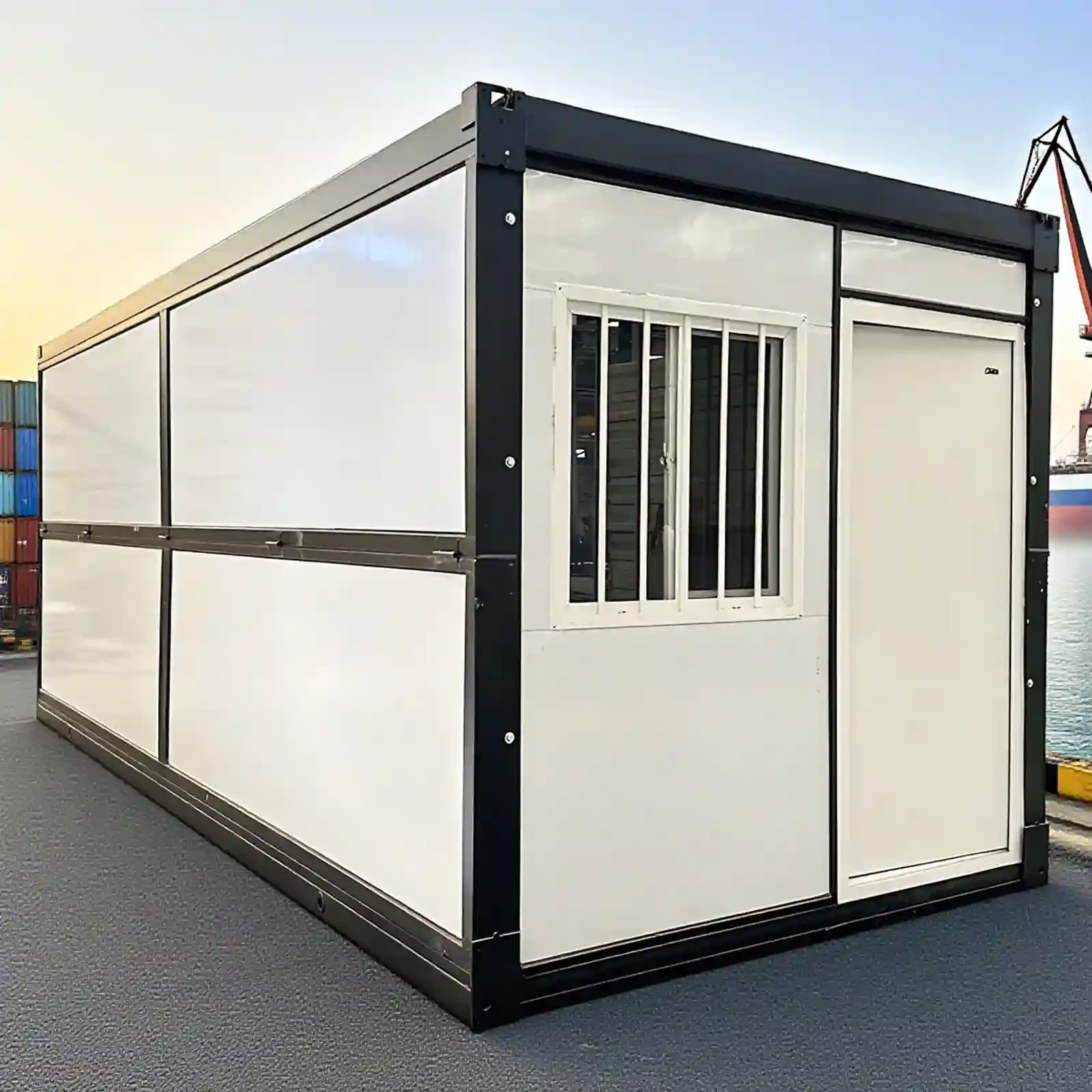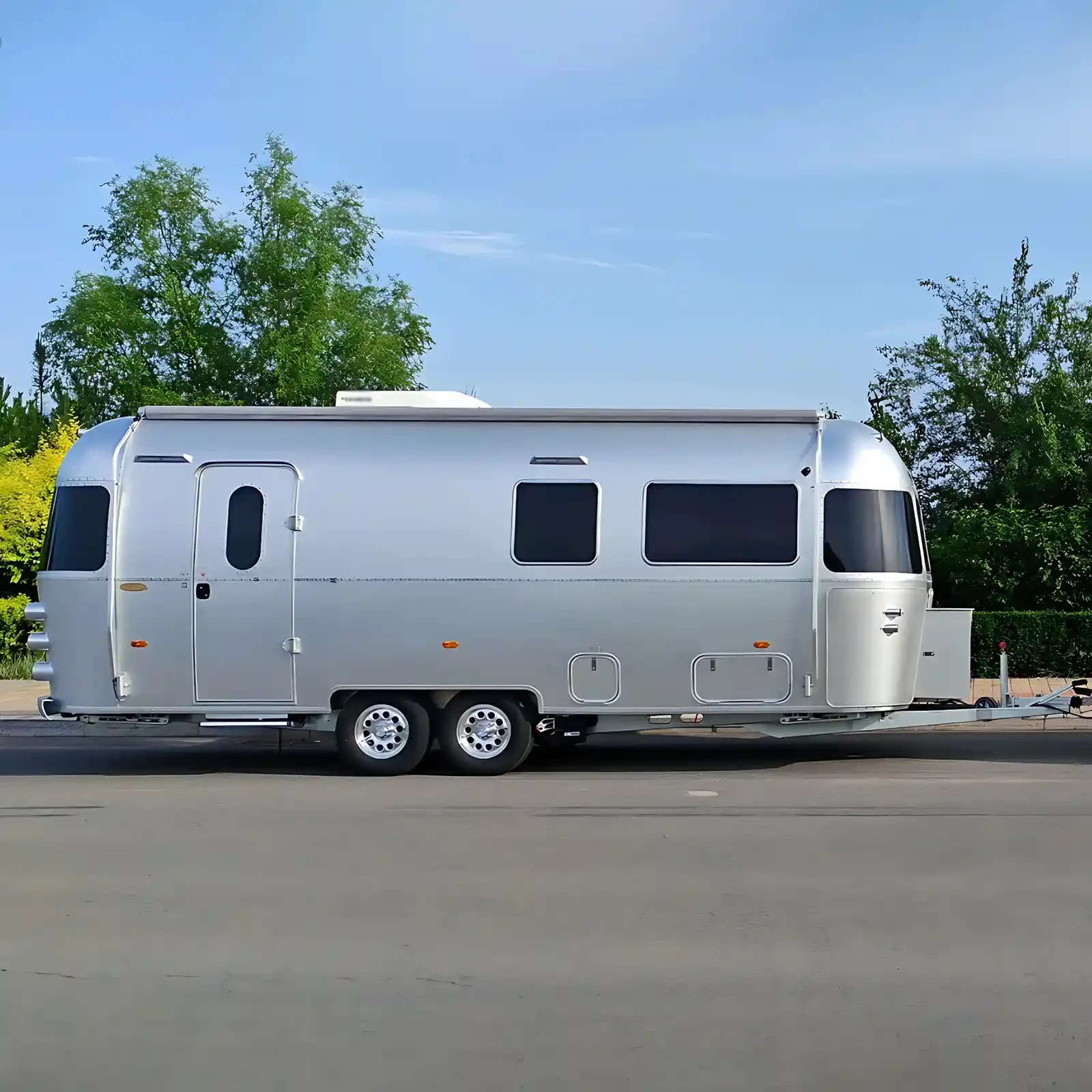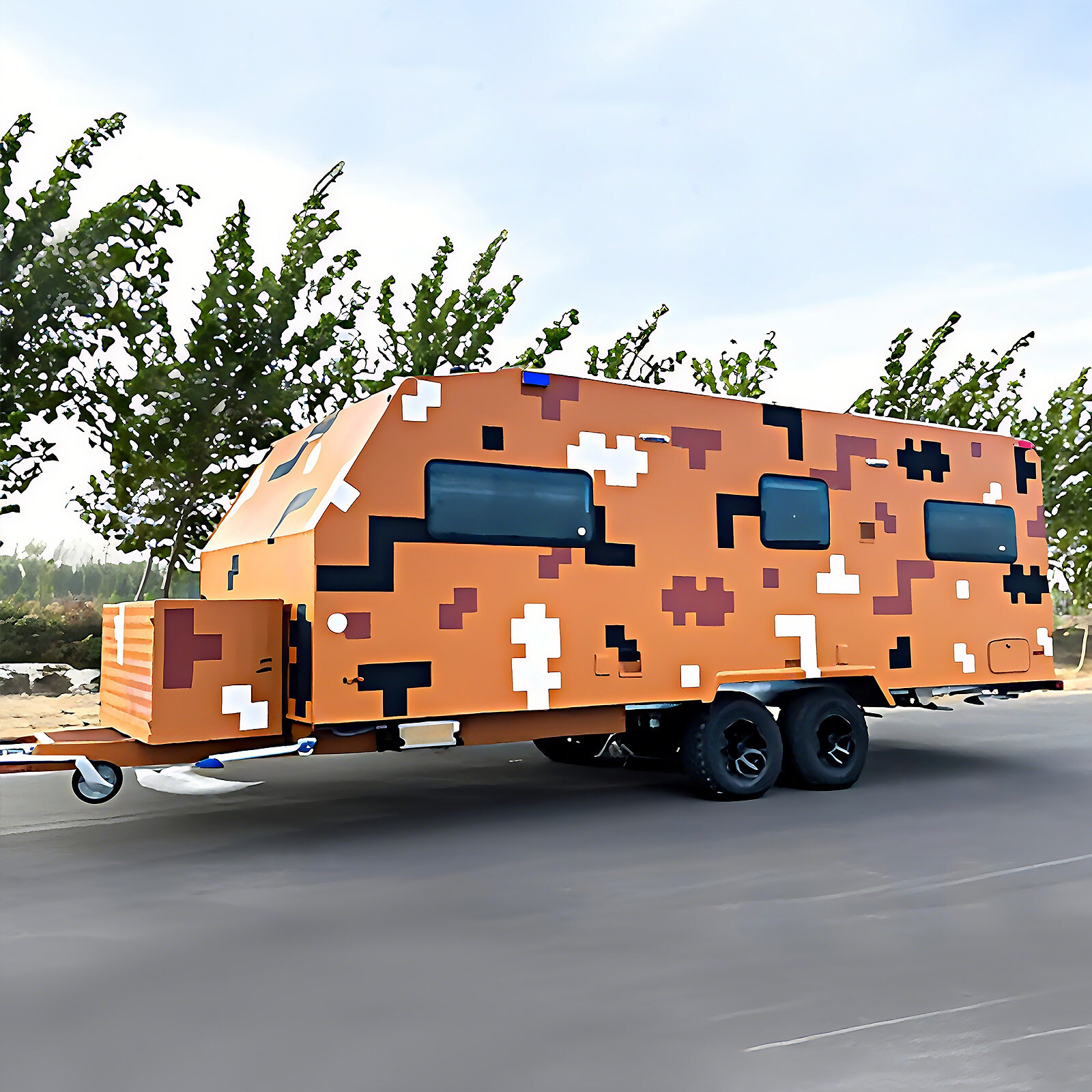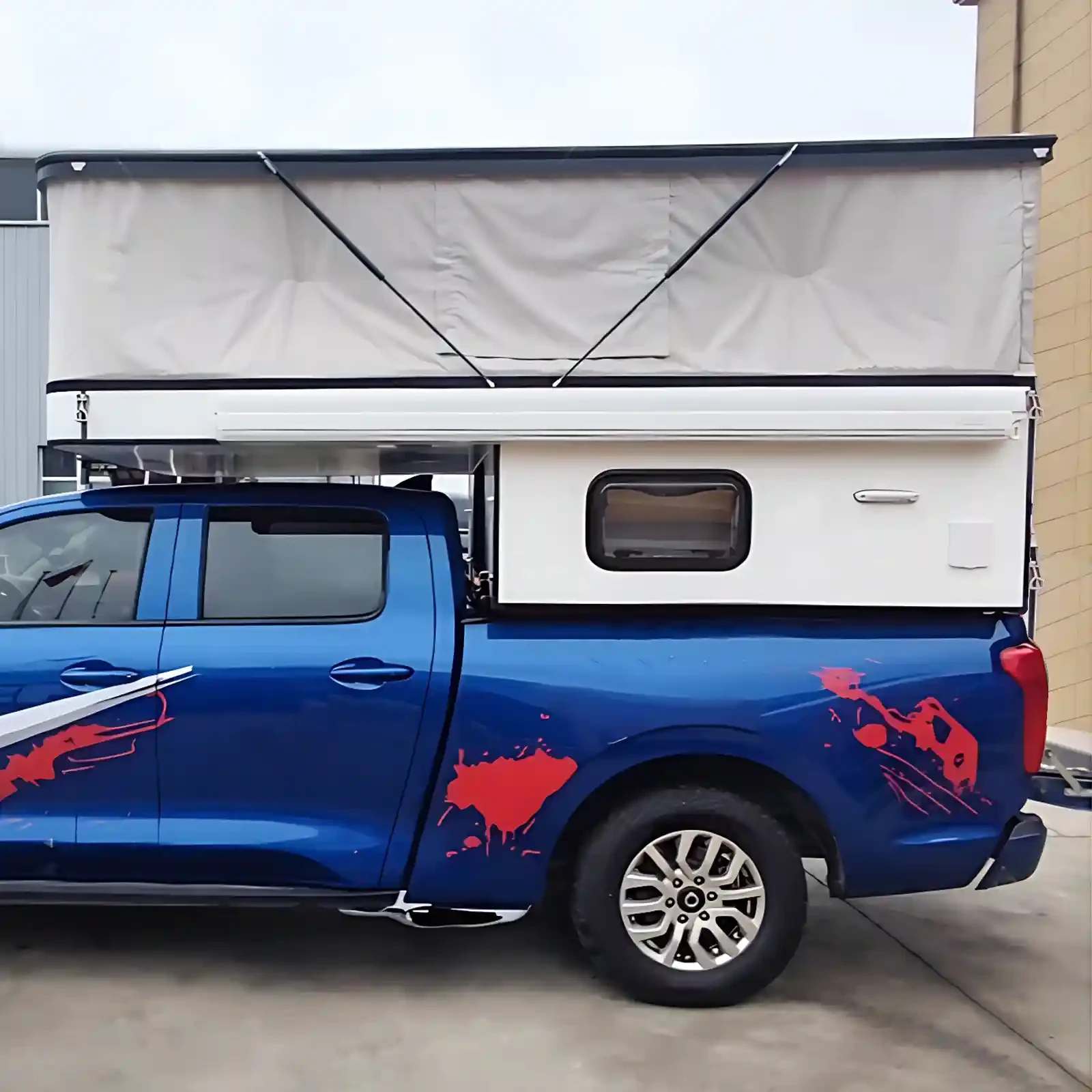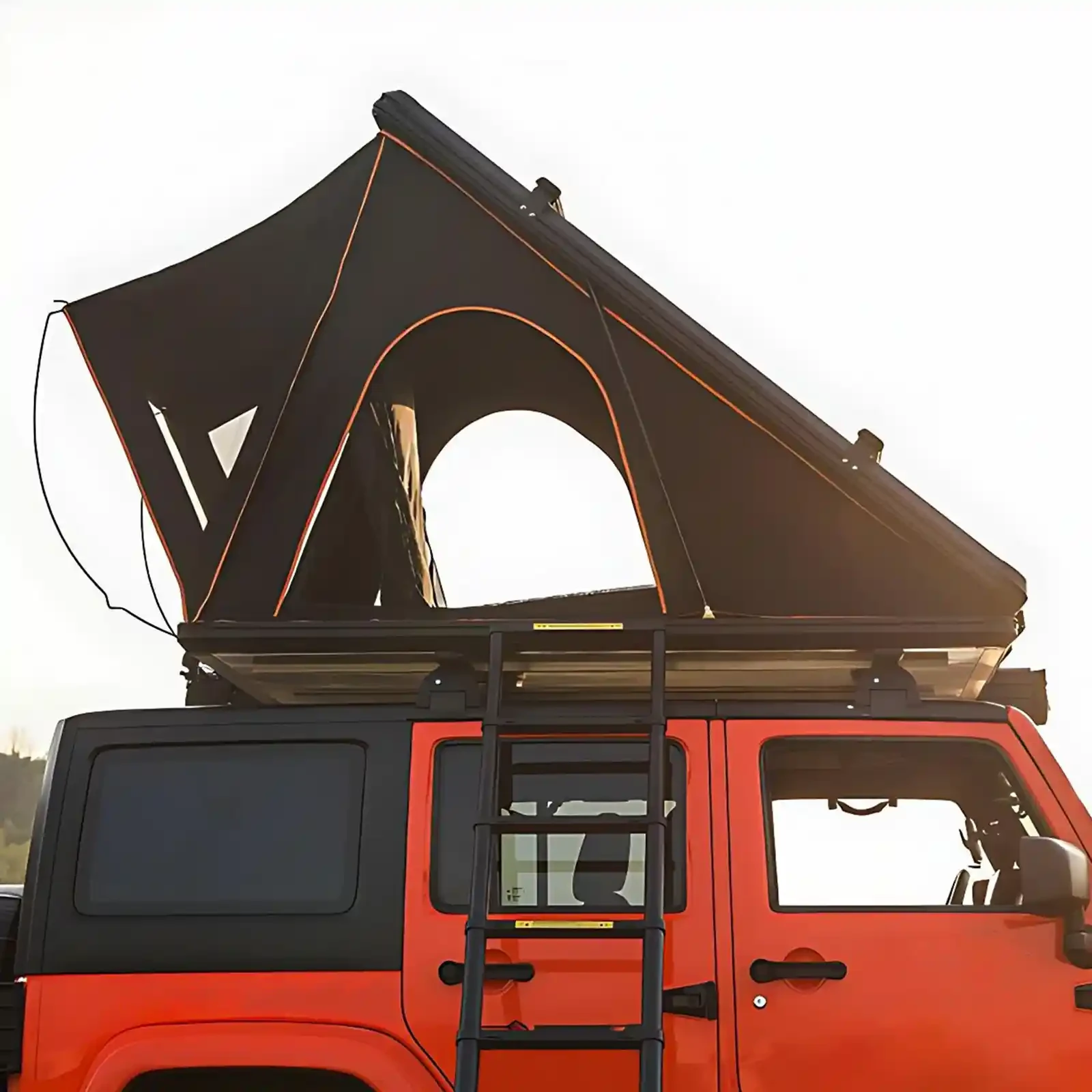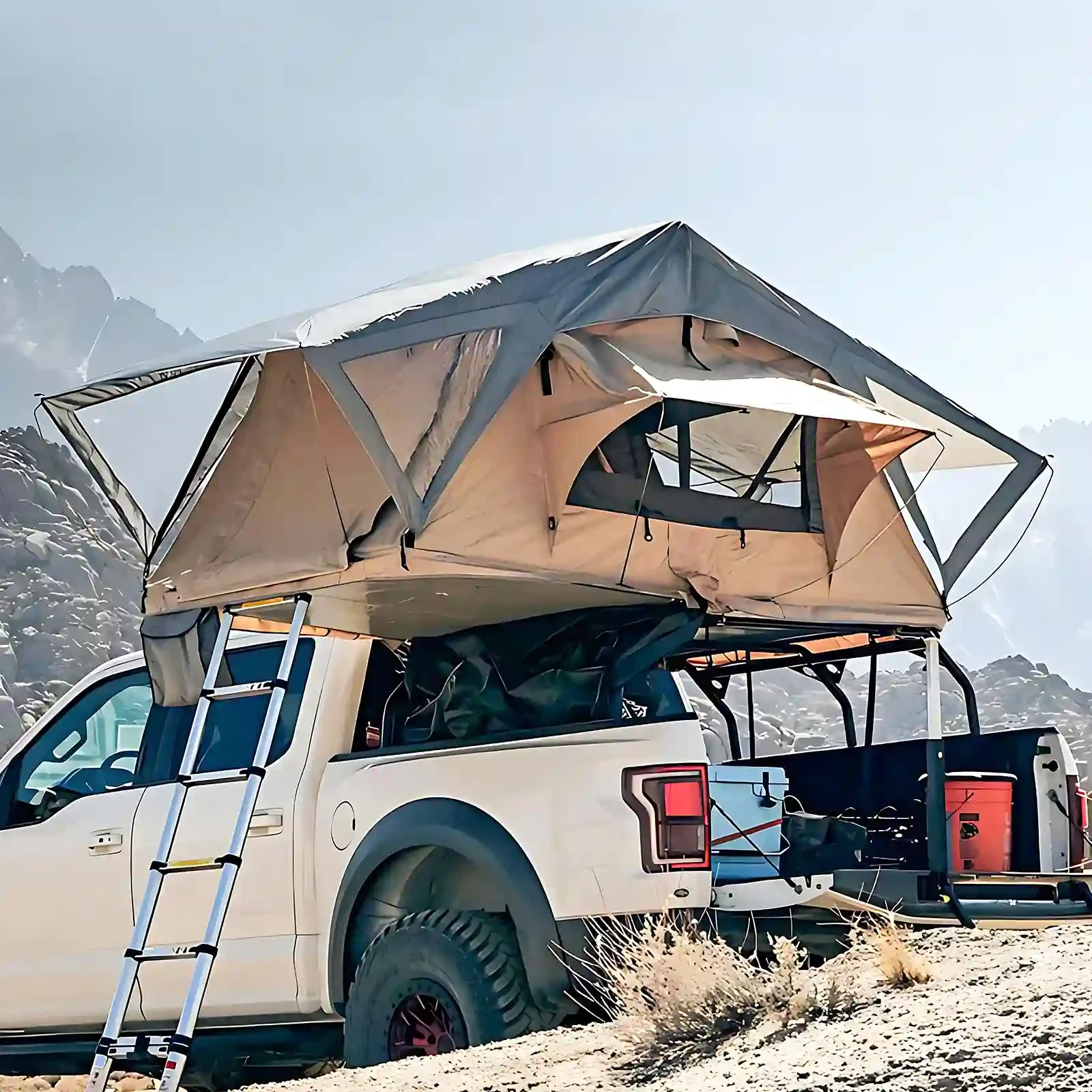Looking at the gradual development of the RV market, campsites relying solely on accommodation to attract visitors are no longer very effective. Entertainment projects, events, equestrian activities, outdoor adventure training, archery, and other outdoor sports have become essential business segments for campsite expansion. They are developing diversified products based on local environmental characteristics, offering services such as RV sales, RV rentals, and the sale of local specialties to create comprehensive destinations. For campsites heavily reliant on scenic areas, quiet mountain and forest environments are more suitable for developing health and leisure service modules, which aligns perfectly with policy and market demands.
Target customer group
Currently, most RV enthusiasts are between 35 and 60 years old, seeking a leisurely and tranquil slow-paced lifestyle, enjoying a high degree of job freedom, and having long-term travel plans. For this group, basic natural scenic environments are ideal; forest cabins, pastoral scenery, meditation spaces, mountain teahouses, and gyms all align with their wellness philosophy.
Operations Module
Aside from the "one quiet, one active" module setup for the target customer group, the most common health and wellness offerings currently offered by campsites are hot springs. Campsites that highlight hot springs, such as the Qinling Taibai Mountain Hot Spring Campsite in Meixian County, Hailuogou No. 2 Campsite, and Tangshan Hot Spring RV Campsite in Nanjing, all use their natural hot springs as an attraction to create differentiated health and wellness service modules, which have a clear advantage in the winter market.
Additional information about the campsite: Yijia RV Station format
Yijia RV Stations aims to create a chain of RV campsites/stations in rural tourist areas. Initially , in the Beijing-Tianjin-Hebei region, existing parking lots in folk-style villages, farmhouses, and scenic spots will be renovated to create compact, lightweight mini-stations. These stations will be established throughout surrounding villages, expanding along rural tourism routes. They will fully cooperate with rural tourism projects such as fruit picking, fishing, horseback riding, homestays, farmhouses, parks, children's playgrounds, and golf courses, and will be promoted and operated uniformly. Corresponding routes will be established to complement these tourist routes, allowing the stations to share in the rural tourism economy and addressing the lack of supporting facilities in rural tourism areas. Yijia RV Stations are committed to serving RV enthusiasts and achieving mutual benefit and win-win results with its partners.
Once completed, the project will have a significant impact on the local economy, rapidly launching a golden tourism route for the ecological agricultural sightseeing area, gradually extending the industrial chain of each functional area, continuously improving tourism projects and basic supporting facilities, cultivating new economic growth points for the tourism industry in the whole region, and yielding remarkable economic and social benefits.
Most of the natural environment-based health and wellness camps we commonly see integrate existing scenic area resources and rural tourism resources, resulting in lower development costs and a built-in customer base. Our camp uses a cool, natural forest environment to create its unique character and attract urban self-driving tourists.
There are also many campsites that expand sports and leisure projects. By creating outdoor adventure projects in the surrounding environment, we can not only exercise our bodies and minds and develop new health service formats, but also use them as unique attractions for campsites. Integrating these areas with tourism will also directly promote the development of the tourism and health industry.
Integrated Ecology
The health and wellness services offered by the campsites themselves are relatively narrow and lack a truly professional core, making it difficult to establish a foothold and maximize resource advantages. At this stage, collaborating with traditional health and wellness bases to jointly develop integrated service complexes, forming a distinctive ecological health and wellness operation with a richer product system, is a convenient and effective approach.
In early 2018, to guide and promote the integrated development of tourism and health services, the National Tourism Administration released the "National Health and Wellness Tourism Demonstration Base" standards, aiming to create a number of comprehensive health and wellness tourism destinations with complete industrial elements, complete industrial chains, and excellent public services. Policy support has paved the way for the health and wellness industry and nurtured a number of health and wellness destinations extending from campsites and resorts. For example, the Panzhihua European-style Campsite was previously designated as one of the first batch of "Forest Health and Wellness International Cooperation Demonstration Bases" in Sichuan, aiming to develop into a health and wellness industry destination.
The greatest advantage of the health and wellness base lies not in policy, but in its actual product offerings. Visitors can experience the joy of discovering various herbs, prepare medicinal cuisine themselves, practice traditional health exercises, and enjoy health services such as acupuncture, massage, medicinal baths, and medicinal meals. The management center will develop customized treatment plans based on each visitor's physical condition and needs. While leveraging its resource advantages, the base will develop ecological environment health products, medical and health care products, sports and fitness health products, and dietary health products, creating a health tourism product system with core competitiveness.

 USD
USD
 GBP
GBP
 EUR
EUR
